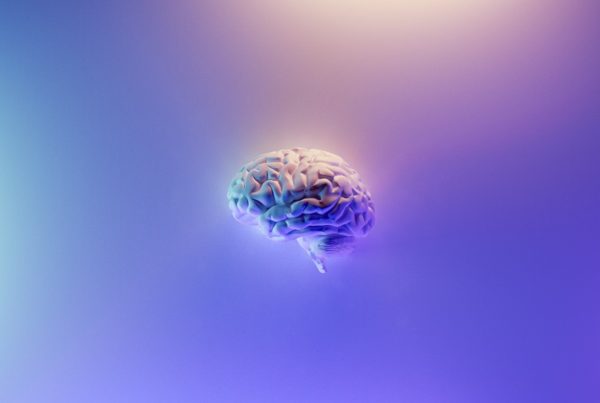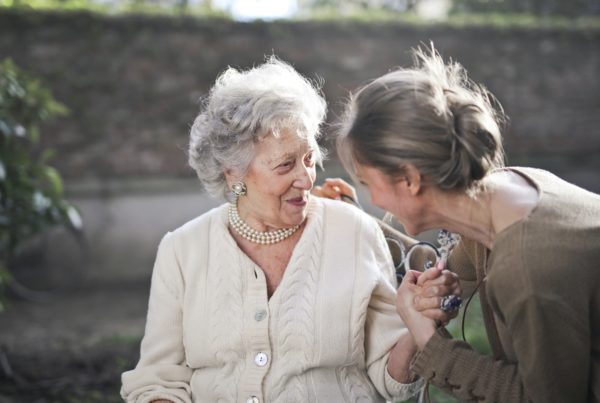What is dementia?
Dementia is not a disease in itself, it is a term used to describe a collection of symptoms that occur when particular diseases, such as Alzheimer’s, cause damage to the brain. The symptoms can vary depending on what part of the brain is damaged and what condition is causing dementia.
Early signs of dementia
To spot the signs of dementia in someone you care for is not easy because it can be gradual and subtle, but it is important to look out for symptoms if possible. Failure to recognise early signs may lead to people not being diagnosed for years. Different individuals will experience dementia and the associated symptoms in their own individual way.
Below are some of the common early symptoms of dementia that may appear some time before they are diagnosed:
Memory loss
Memory troubles can be an early symptom of dementia. To begin with, the changes are subtle and usually involve the short term memory. Someone who may be struggling with dementia will be able to remember events or what they did multiple years ago but not be able to remember what they had been doing four hours ago. Short term memory symptoms can also include forgetting where they last left an item, walking into a room and not knowing what they went in there to do, forgetting plans on certain days and other similar scenarios.
Difficulty finding the right words
Struggling with the communication of thoughts is an early symptom of dementia. An individual with dementia may find it difficult to explain what they want to say or find the right words to express what they are thinking. Having a conversation with someone who has dementia can be frustrating and take longer than a usual conversation.
Difficulty in performing daily tasks
An individual who may be suffering from the early stages of dementia might start performing familiar tasks wrong. This could be using the wrong setting on the oven, on the washing machine, getting their coins mixed up and finding difficulty with other familiar tasks.
The difficulty in performing tasks is different for different individuals. Some may get different steps muddled up, whereas others may skip different steps completely.
Mood changes
Changes in mood or personality can either be very pronounced or subtle for people who may have dementia. This could include them being irritable, moody, and often experiencing mood swings. Depression and anxiety are early signs of an individual who may have dementia. This can be hard for the individual to recognise for themselves.
Personality changes are also another factor that you many recognise. This can shift between the individual being very outgoing to being shy and reserved. This is because dementia affects an individual’s judgement.
Confusion and disorientation
Getting lost whilst walking or driving in familiar areas, confusing day and night by sleeping in the day and being awake at night and not knowing the year or the month may all point towards early signs of dementia.
Place disorientation often occurs, and this can be spotted if an individual is looking in the bedroom for a kettle or looking for the fridge in a bathroom. This is common in familiar shops, houses, and other buildings.
What to do next?
Dementia is not a natural part of ageing and it is important to contact a GP as soon as you see these symptoms in yourself or in the ones around you, or if you have other reason to believe dementia is present. It is better to find out the reasons for memory loss and other symptoms, sooner rather than later.




